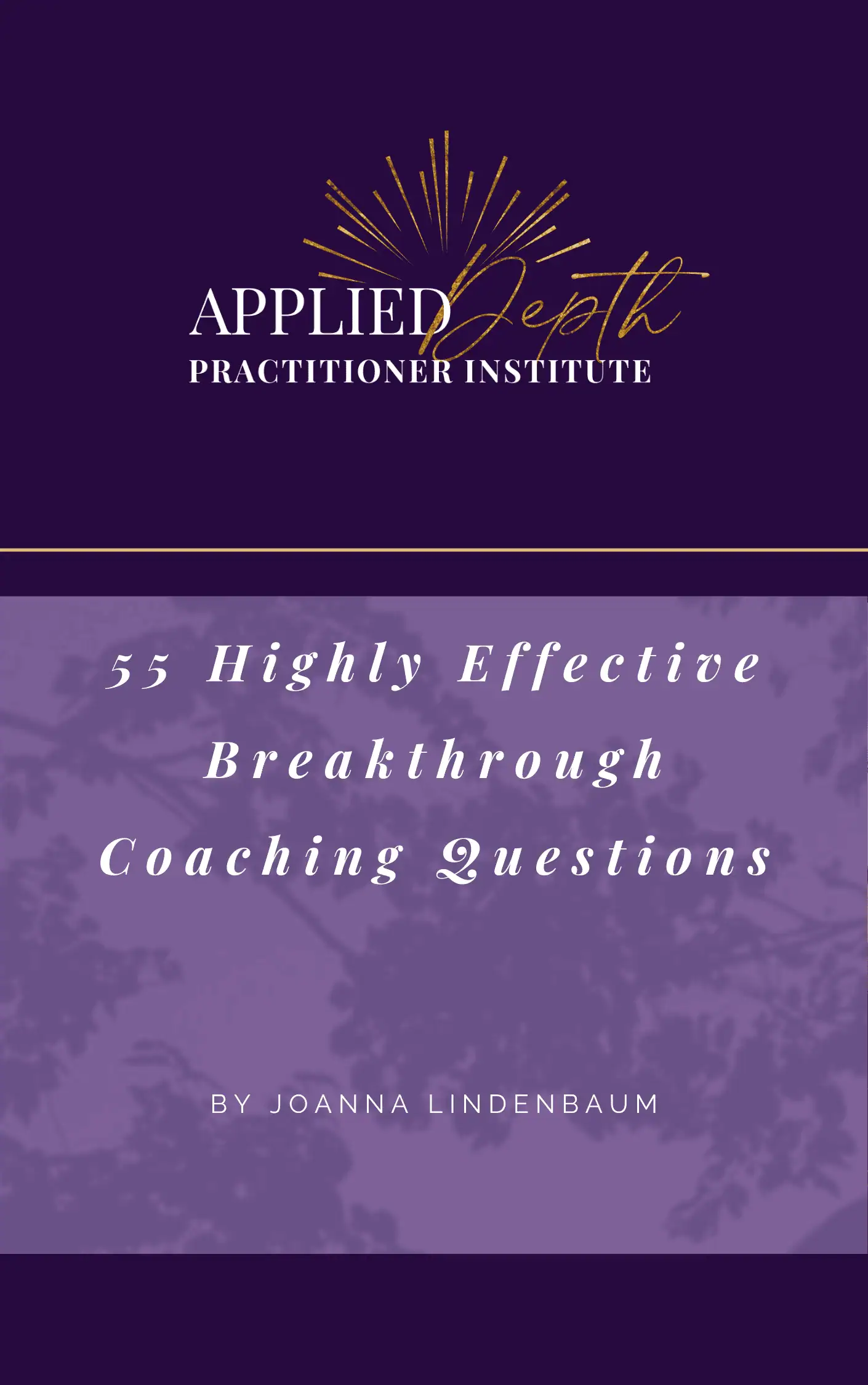24 June, 2022
The art of navigating our messy, imperfect lives

My life is messy and imperfect. In many different ways.
When I first became a practitioner 20 years ago, I never ever would have admitted that to anyone, and in fact went to lengths to hide it.
I thought that being messy and imperfect was shameful, and meant that there was something very wrong with me or that I was disqualified as a good practitioner or that I had a lot I needed to “fix”.
But the truth is (and thank goodness I learned this along the way):
All humans and human lives are very messy and imperfect.
We all have our own heartache.
We all have our own triggers.
We all experience complications in relationships and friendships.
We all sometimes wonder about the road not taken.
We all have certain goals that we haven’t (yet) been able to achieve.
We all make mistakes. A lot of them. And sometimes, unfortunately, those mistakes may also hurt others.
This is the human condition. There is no other way.
Yes, of course, it is often worthwhile to work on or evolve some of the messy parts & situations. But thinking that we will, at some point, achieve total and everlasting peace, harmony, and perfection is a trap that can keep us in a cycle of feeling badly about ourselves and frustrated.
With all of the perfection and glossiness of social media these days, it’s easy to slip into that trap of thinking things can be perfect – and that other people have achieved that perfection! But that’s not really life. Period.
So, the first principle for being able to navigate our messy lives: to know that life is meant to be messy and that there’s no way to achieve perfection.
I have found that it can be liberating to own and accept this truth. To really understand that our lives aren’t meant to be neat or perfect, that the goal is not for things to be neat and perfect, that one can absolutely have a meaningful and satisfying life even with the heartache and the mistakes and the triggers and the complications.
Second principle for being able to navigate our messy lives: Have compassion for yourself and for others. Practice Softening.
When we get caught in the myth of perfection, we forget to love ourselves, to have compassion for ourselves and our situations, to have patience. This can make ALL the difference. Remembering that we are worthy of love no matter what. Remembering that we are humans having a very imperfect, human experience.
And then, also remembering that other people out there are also having a very imperfect, human experience.
It is so easy to inadvertently fall into the thinking that when someone triggers you, rubs you the wrong way, even wrongs you….that the person is “bad”. That the person had bad intentions, or is uber-selfish, or intentionally out of integrity and could care less, etc., etc.
And sometimes, some of it might be true.
But much of the time, it’s messy humans being human.
It’s someone being in their own trigger and therefore acting selfish. Or someone being in their own fear and therefore crossing a boundary. Or someone mis-perceiving the situation because of their own wounds, and therefore doing something not so kosher in order to stay “safe”.
It’s not that we don’t excuse the things that are not OK or we don’t set boundaries when boundaries need to be set. Harmful or hurtful transgressions should be addressed. That’s important.
But that being said, I have found that life becomes more beautiful, peaceful, connected and just a little less painful and brutal when I can also stop myself from making sweeping judgements about another person’s character (oh how my Inner Judge LOVES to make sweeping judgments!), and instead remember that this is another human being with a heart and a soul who most likely means well (most likely), and is simply having a human experience. And a rough day. (Or week. Or year).
We can be so, so quick to make other people the “enemy” in a way…instead of remembering that they’re simply in this messy thing called life too.
The moments when I can give others the benefit of the doubt about WHO they are and where there heart truly is underneath the layers (even while setting my boundary or speaking my truth or deciding I don’t want to be in touch with them anymore, period.)….those are the moments when I also have more compassion for myself too.
And one last principle for now for navigating our messy lives: Grieve when you’re called to grieve, and also laugh at the messiness a bit too.
Tough things happen in life, and yet because of the speed of modern life, we often don’t take the time to be with our emotions, to consciously and intentionally be sad and grieve losses, heartaches, hardships. For most folks, we spend a lot of time WORRYING about those things and feeling anxious about those things…but we don’t really make the sacred space to FEEL into the grief of those things.
Making space for the emotion is a transformational skill, and can often be a healing experience. It allows us to really be with ourselves, to be authentic and honest with ourselves, to move the energy of the emotion through us. Sometimes having a good, honest cry can help you find your grounding and peace.
That being said, also remember to laugh about the messiness when appropriate. Have a sense of humor about it. When appropriate, laugh at the ridiculousness of the argument you’ve been having with your best friend; laugh at the fact that you still haven’t kicked that bad habit after all these years (for me, it’s biting my nails); laugh that your car broke down during the road trip. That can be a healing experience too, and help you find the next steps to navigate the messiness.
These days, I find I am usually more than OK with the messiness in my life.
I don’t hate on it or make it wrong.
I simply understand that it’s part of life. Annoying at times for sure. Painful sometimes too. But not unnatural. Not something that makes me or my life wrong.
When I understand this fact, I can settle into seeing all the gifts and blessings that the same messy, imperfect life has given me.














